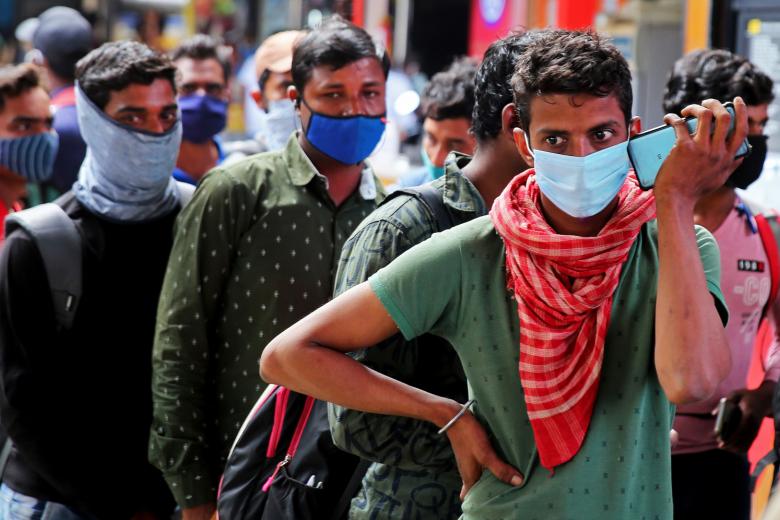
BANGALORE – The world has been grappling with bank scams for years, but the Covid-19 pandemic has led to an explosion in such crimes.
Both the frequency and size of frauds have multiplied, wiping out bank accounts of online banking novices as well as the tech-savvy. Victims have included celebrities and financial experts.
As more people use mobile wallets and digital banking apps in Asia, they are also unwittingly becoming vulnerable to monetary and data theft.
The scams are as widespread as they are diverse, as rudimentary as the Nigerian letter hoax that lures victims into disclosing their bank data in exchange for a share of fantastic wealth, to something as sophisticated as relying on deep-fakes or creating links to impeccably reproduced websites.
Cybercrime officials attribute the rise in scams during Covid-19 to more remote working, with people using home computers or laptops with weaker online security than office systems; persons unemployed during the pandemic getting into hacking; and digital fatigue leading to carelessness.
But, perhaps, the saddest reason is that many desperate people, made poor during the pandemic, were easy victims.
Scam factories
In a “smishing” epidemic in the Philippines that coincided with the pandemic, regulators were inundated by complaints from people receiving text messages, sometimes more than 10 times a day, purportedly offering jobs that pay up to 8,000 pesos (S$210) a day, well above the minimum wage.
The messages contained…






